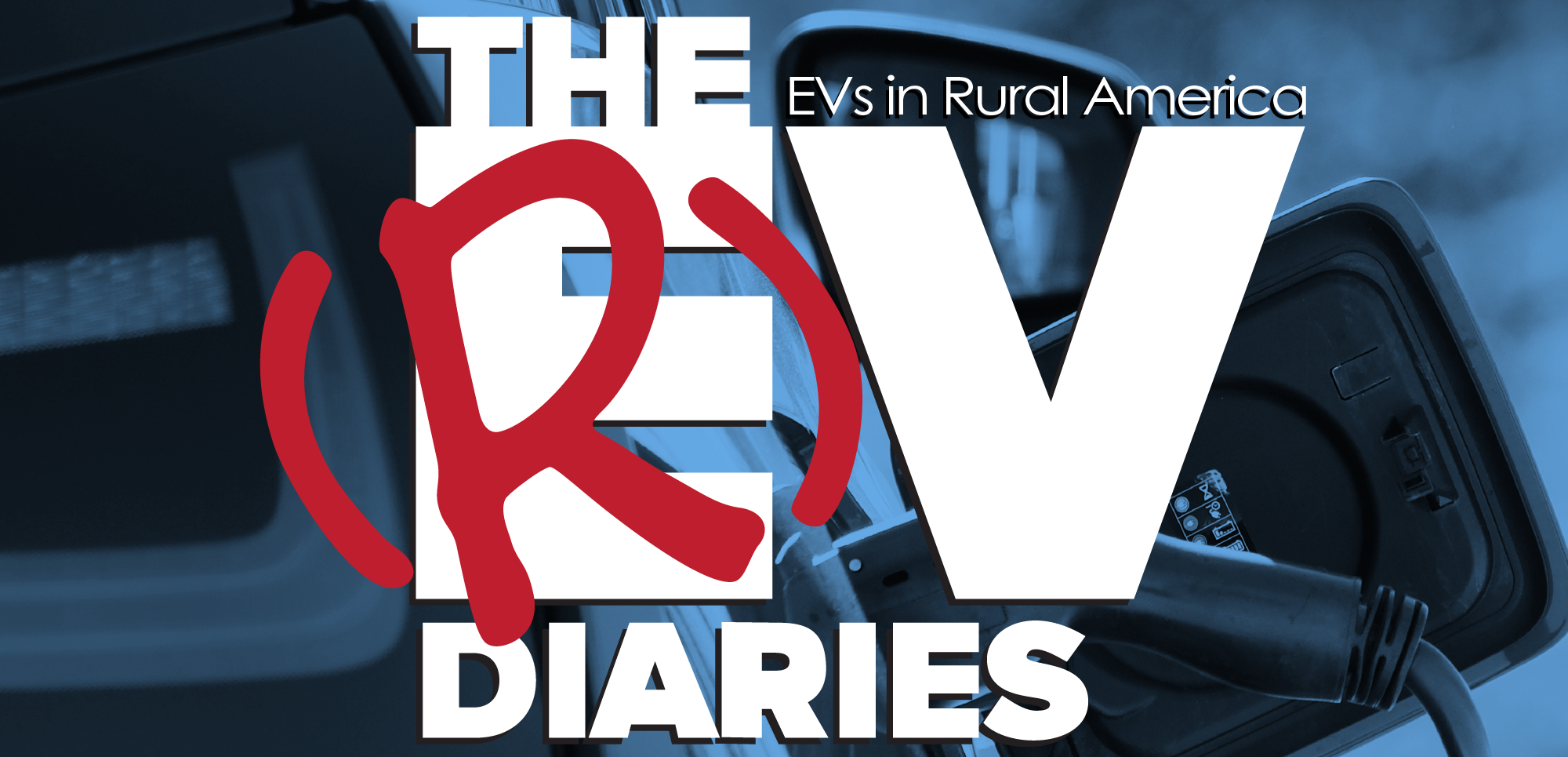a·nath·e·ma /əˈnaTHəmə/ noun Something or someone that one vehemently dislikes.
car·math·e·ma /car MATH amuh/ noun The reluctance of people to do basic math regarding EV ownership (which is anathema to me).
Kentucky now has an EV tax in place supposedly to offset waning revenue from the 26 cent per gallon gasoline tax. A spokesman for EvolveKY, an EV advocacy group headquartered in Louisville, said that he was not surprised and that “it needed to come. We need to pay our fair share.” The fee is $120 and will be paid when the car is registered every year (another tax). There is also a 3 cent per kWh tax on public charging to be collected by the station owner and paid to the state monthly.
Make no mistake, any EV owner in Kentucky knew this was an eventuality, but this prompted me to question what exactly is a “fair share”? Turns out that if you do a little math, a flat tax on an EV is comparing apples to oranges with regards to the traditional “use more, pay more” model of the standard gas tax.
A fundamental difference is that the gas tax is “hidden” in the price of a gallon of gasoline. The EV tax smacks you in the face when you renew your tags.
Would traditional drivers change their driving habits if they had to pay their taxes in one lump sum the way EV drivers are now being asked required to?
After examination, I think the way we assess these taxes is inherently flawed, but in reality it all comes down to choice. A Suburban driver is taxed more than a Subaru driver based on fuel efficiency alone, but what you drive is a choice. Toyota Tundra owners know driving a truck is more expensive than driving a Camry. It’s a choice they make based on what they value. I believe it’s worth $120 a year to drive an EV, but that’s my choice.
In my opinion, there is room for improvement for the entire system, but try to find a lawmaker that wants to do the math. The bottom line is that taxes are inevitable, but calling it “fair” is a bit of a stretch.
Let us know what you think?
Podcast: Play in new window | Download
Subscribe: RSS
